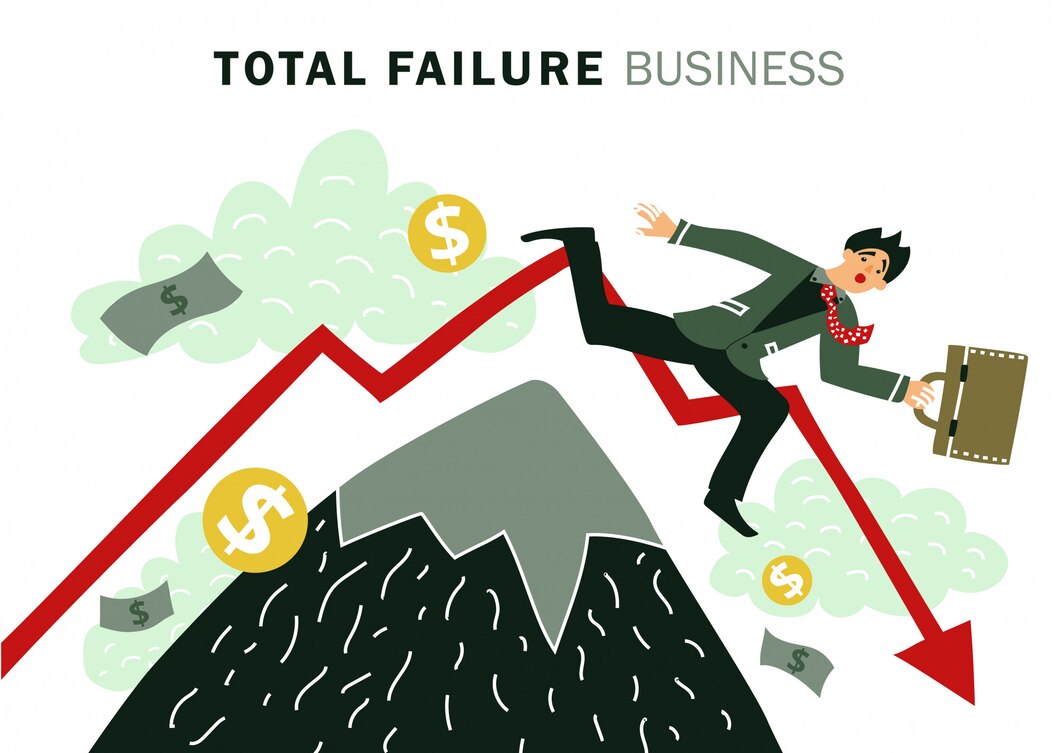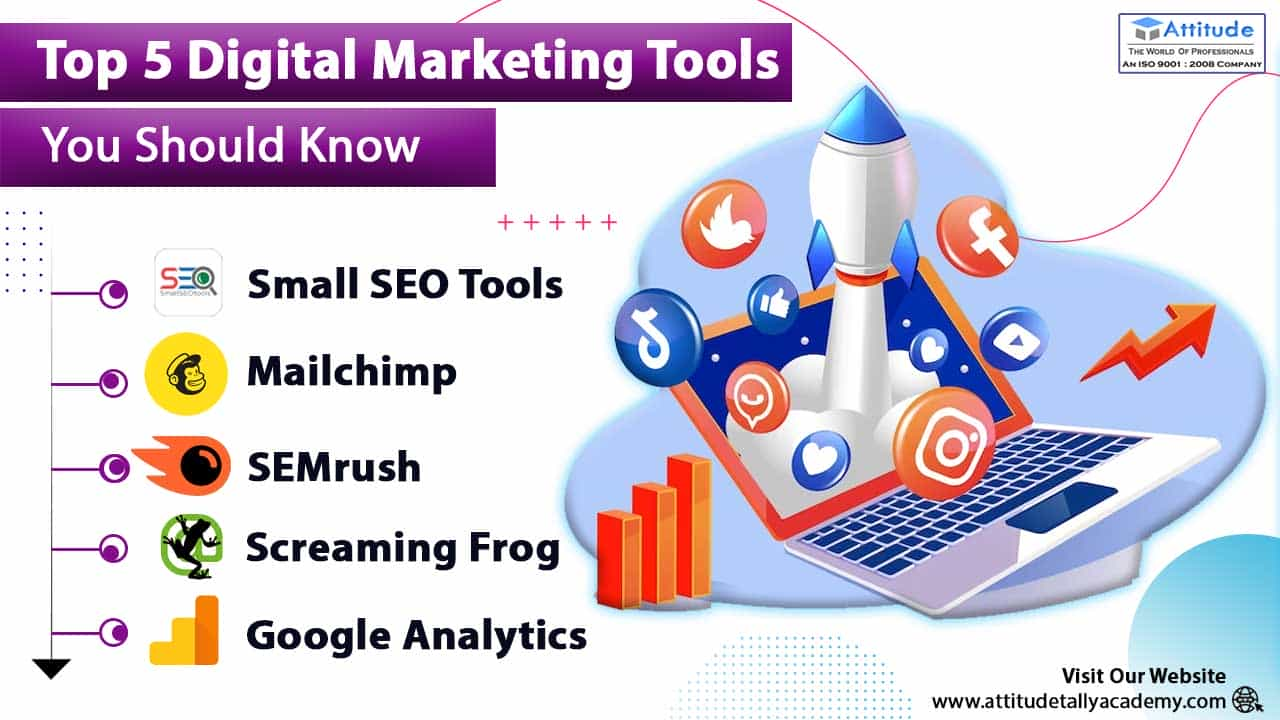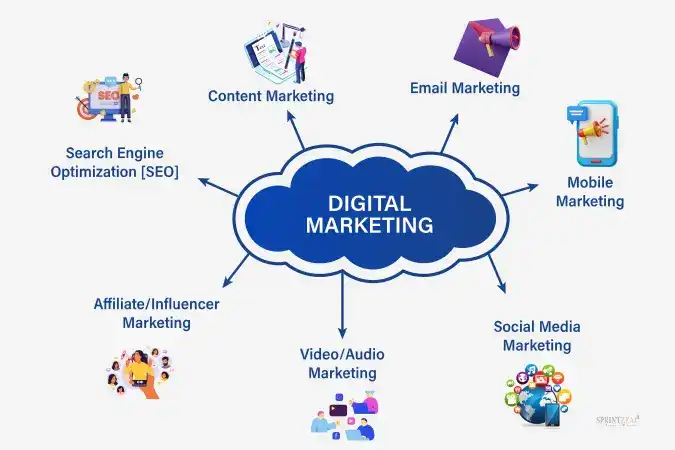How to Cut Your Financial Losses and Bounce Back Stronger
Mia Anderson

Photo: How to Cut Your Financial Losses and Bounce Back Stronger
In the unpredictable world of finance, setbacks and losses are inevitable, but the true test of financial prowess lies in the ability to recover and emerge stronger. This article delves into the art of financial loss recovery, offering a comprehensive guide to help individuals and businesses navigate through challenging times and rebuild their financial stability. Whether you're an investor seeking to minimize risks or someone facing the aftermath of a financial crisis, this piece will provide valuable insights and practical strategies.
Understanding Investment Risk Management
The Importance of Risk Assessment
Financial losses often stem from risks that were not adequately managed or anticipated. Understanding investment risk management is crucial for anyone aiming to protect their finances and make informed decisions. Risk management is about recognizing potential dangers and taking calculated actions to minimize their impact.
One of the most common measures is the standard deviation, which assesses the volatility of an investment's returns. A related concept, semi-deviation, focuses on downside risk, catering to investors cautious about potential losses. The Sharpe ratio is another valuable tool, indicating how much extra return an investor earns for taking on additional risk. A higher Sharpe ratio suggests a better risk-adjusted performance.
For instance, consider an investor deciding between two stocks: Stock A has a Sharpe ratio of 1.8, while Stock B has a ratio of 1.2. The higher ratio of Stock A implies that it offers a more attractive risk-return profile, making it a more appealing investment for those seeking a balance between returns and risk.
Advanced Risk Metrics
Beyond standard deviation and Sharpe ratios, there are more intricate risk assessment tools. Conditional Value at Risk (CVaR) calculates the expected loss for a specific percentage of worst-case scenarios. For instance, a CVaR of $10 million for the bottom 1% of outcomes means that, in the worst 1% of cases, the investment is expected to lose $10 million.
Another metric, R-squared, measures how closely a fund's performance aligns with a benchmark. A high R-squared suggests a strong correlation, which can be beneficial for passive funds but may indicate potential issues for active funds.
These risk management techniques provide investors with a comprehensive understanding of the potential pitfalls and rewards associated with their investments. By utilizing these tools, individuals can make more informed decisions and reduce the likelihood of severe financial losses.
Strategies for Financial Loss Recovery
1. Take a Proactive Approach
The first step in financial recovery is acknowledging the situation and taking proactive measures. Instead of ignoring the problem, confront it head-on. Develop a clear understanding of the factors that led to the loss and create a plan to address them. This may involve seeking professional advice, conducting thorough research, or even re-evaluating your financial goals.
For instance, if your financial loss was due to a risky investment, take the time to educate yourself about investment risk management. Learn from the experience and develop a more robust investment strategy for the future.
2. Prioritize Debt Management
Financial losses can often lead to mounting debts, which, if left unchecked, can spiral out of control. A crucial aspect of financial recovery is managing and reducing debt. Consider the following strategies:
- Create a Debt Repayment Plan: Organize your debts and prioritize high-interest loans or credit card balances. Develop a structured repayment plan, aiming to pay off the most costly debts first.
- Negotiate with Creditors: Reach out to creditors and explain your situation. Many financial institutions are willing to work with individuals facing financial hardships and may offer debt restructuring or reduced interest rates.
- Consider Debt Consolidation: In some cases, consolidating multiple debts into a single loan with a lower interest rate can simplify repayment and reduce overall costs.
3. Embrace a Savings Mindset
Building a robust savings buffer is essential for financial recovery and future stability. Start by creating a realistic budget that allocates a portion of your income to savings. Automate your savings by setting up regular transfers to a dedicated savings account. This way, you ensure that you consistently save without the temptation to spend.
Consider the following savings strategies:
- Emergency Fund: Aim to save enough to cover at least three to six months' worth of living expenses. This fund will provide a safety net during unforeseen financial challenges.
- Long-Term Savings: Plan for the future by contributing to retirement accounts or other long-term investment vehicles.
4. Diversify Your Income Streams
Relying solely on one source of income can leave you vulnerable to financial setbacks. Diversifying your income streams can provide stability and help you recover more quickly from losses. Here's how:
- Freelance or Side Hustles: Explore freelance opportunities or start a side business to generate additional income. This can be a great way to utilize your skills and passions while boosting your financial resilience.
- Rental Income: If possible, consider renting out a spare room or property to generate a steady income stream.
- Invest in Dividend Stocks: Investing in stocks that pay regular dividends can provide a consistent income source, even during market downturns.
5. Stay Informed and Adapt
The financial landscape is ever-evolving, and staying informed is crucial for successful recovery. Keep up with economic trends, market movements, and industry news. This knowledge will help you make timely decisions and adapt your financial strategies accordingly.
Consider subscribing to reputable financial newsletters or following trusted financial experts on social media. Attend webinars or workshops to enhance your financial literacy and learn from others' experiences. By staying informed, you can identify new opportunities and make strategic adjustments to your recovery plan.
The Power of Financial Education
Financial literacy is a powerful tool in the journey of financial loss recovery. Many individuals fall into financial pitfalls due to a lack of understanding of basic financial concepts. Investing time in financial education can empower you to make better decisions and avoid similar mistakes in the future.
Consider enrolling in online courses or workshops focused on personal finance and investment management. These resources can provide valuable insights into budgeting, investing, and risk management. By improving your financial knowledge, you'll gain the confidence to navigate the complexities of financial recovery.
Real-Life Success Stories
Hearing about others' financial recovery journeys can be incredibly inspiring and educational. Let's explore a few success stories:
Case Study 1: The Entrepreneur's Comeback
John, a tech entrepreneur, faced a significant financial setback when his startup failed to secure funding. With mounting debts and a dwindling bank balance, he felt overwhelmed. However, John took a proactive approach, seeking advice from a financial coach. Together, they devised a strategy to cut costs, negotiate with creditors, and diversify his income streams. John started freelancing as a software consultant, generating enough income to gradually pay off his debts. He also began investing in a diversified portfolio, focusing on long-term growth. Within two years, John had not only recovered from his financial loss but also built a more stable and resilient financial foundation.
Case Study 2: A Family's Journey to Debt Freedom
The Smith family found themselves in a cycle of debt, struggling to make ends meet. They decided to take control of their finances and sought help from a financial advisor. The advisor recommended a comprehensive debt management plan, which included consolidating their loans and creating a strict budget. The family committed to saving a portion of their income and even involved their children in the process, teaching them the value of financial responsibility. Over time, they successfully paid off their debts and built a substantial emergency fund. Today, the Smiths are debt-free and have a newfound appreciation for financial discipline.
Conclusion: Building Financial Resilience
Financial loss recovery is a challenging yet rewarding journey. By adopting a proactive mindset, managing risks, and implementing strategic financial practices, individuals can not only bounce back from setbacks but also emerge with enhanced financial resilience.
The key takeaways from this article include the importance of understanding investment risk management, taking a holistic approach to financial recovery, and embracing continuous learning. By combining practical strategies with a solid foundation of financial knowledge, anyone can navigate the path to financial recovery and build a brighter financial future.
Remember, financial setbacks are opportunities for growth and learning. With determination, discipline, and the right tools, you can not only recover from financial losses but also thrive in the face of adversity.
Marketing
View All
January 20, 2025
5 Best Digital Marketing Tools for GrowthUncover the top 5 digital marketing tools every marketer needs. Boost efficiency, drive results, and streamline your campaigns now!
Mia Anderson

January 19, 2025
How to Master Digital Marketing BasicsLearn the essentials of digital marketing in this beginner-friendly guide. Kickstart your journey with step-by-step strategies. Start mastering today!
Mia Anderson

January 25, 2025
Email Marketing in the Digital AgeUnlock the power of email marketing with modern strategies tailored for the digital age. Connect with your audience like never before!
Mia Anderson
Entertainment
View AllThe definitive manual on how internet streaming services have evolved. Learn how to keep ahead of the curve by exploring the theories, tactics, and inventions influencing the future of streaming.
Mia Anderson
Discover the ultimate guide to cosplay for beginners. Learn key tips, tricks, and trends to start your cosplay journey with confidence. Read now for expert advice!
Mia Anderson
Discover the future of OTT platforms in 2024. Learn how they're reshaping media consumption globally. Click here to stay ahead in the streaming revolution!
Mia Anderson
Discover the latest tips for creating a top fan website in 2024. Learn key strategies and boost your site’s success click to read the complete guide now!
Mia Anderson
Automotive
View AllDiscover trends driving EV range improvements. Learn how automakers are tackling range anxiety with groundbreaking solutions.
Read MoreDiscover how AI applications are transforming EV technology, from autonomous driving to predictive maintenance.
Read MoreLearn how rising fuel prices are making EVs a more attractive option. See why EV adoption is soaring in 2024.
Read MorePolular🔥
View All
1
2
3
4
5
6
7
8
9
10
Technology
View All
September 14, 2024
Top Virtual Reality Trends Transforming 2024 Technology
Explore the latest virtual reality trends shaping 2024. Discover cutting-edge innovations and trends that will redefine the VR landscape. Read more now!

November 4, 2024
Top 5 Laptops for Gaming and Work: A Comprehensive Comparison
Game or work? Find the top 5 laptops that do both with ease. Check out our expert comparison today!

August 28, 2024
Discover the Best Virtual Reality Headsets for 2024
Discover the best virtual reality headsets of 2024 for an unparalleled immersive experience. Explore top picks and make your VR dreams a reality!
Tips & Trick






















